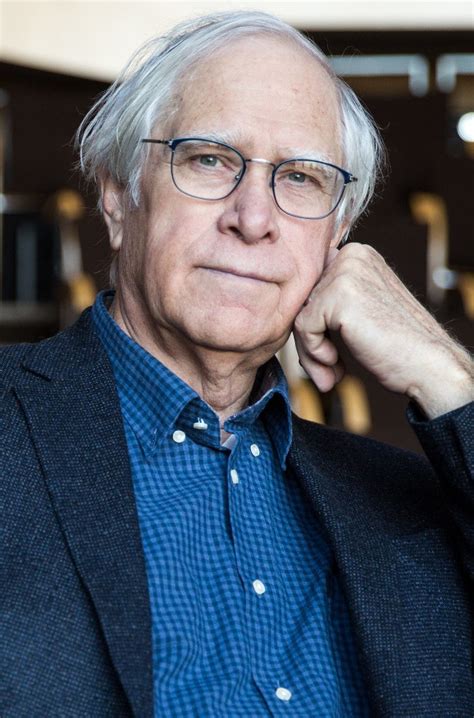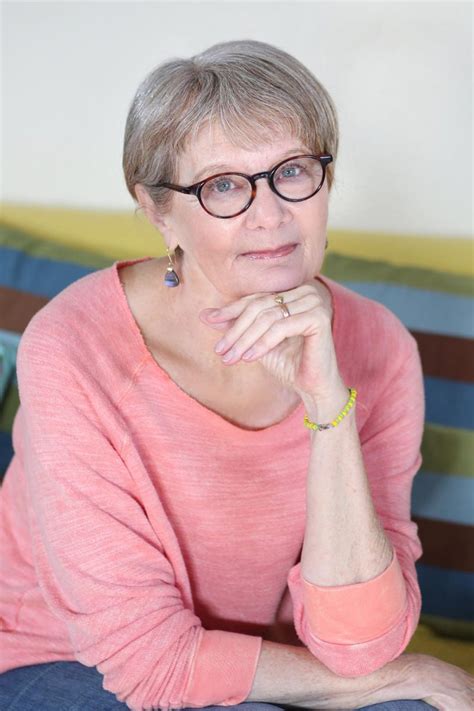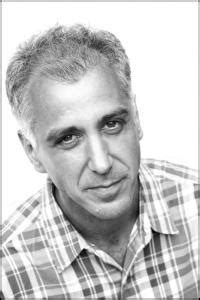A Quote by A. S. Byatt
I am suspicious of writers who go looking for issues to address. Writers are neither preachers nor journalists. Journalists know much more than most writers about what's going on in the world. And if you want to change things, you do journalism.
Related Quotes
Journalists in newspapers and in many magazines are not permitted to be subjective and tell their readers what they think. Journalists have got to follow a very strict formulaic line, and here we come, these non-fiction writers, these former journalists who are using all the techniques that journalists are pretty much not allowed to use.
A newspaper, as I'm sure you know, is a collection of supposedly true stories written down by writers who either saw them happen or talked to people who did. These writers are called journalists, and like telephone operators, butchers, ballerinas, and people who clean up after horses, journalists can sometimes make mistakes.
If you look at most womens writing, women writers will describe women differently from the way male writers describe women. The details that go into a woman writers description of a female character are, perhaps, a little more judgmental. Theyre looking for certain things, because they know what women do to look a certain way.
Real writers-that is, capital W Writers-rarely make much money. Their biggest reward is the occasional reader's response.... Commentators-in-print voicing big fat opinions-you might call us small w writers-get considerably more feedback than Writers. The letters I personally find most flattering are not the very rare ones that speak well of my editorials, but the occasional reader who wants to know who writes them. I always happily assume the letter-writers is implying that the editorials are so good that I couldn't have written them myself.
The most obvious inspiration to be brave is that we all feel it: you can't have free expression right now in a very wide range of countries. It takes a lot of guts for writers and journalists in those countries to stand up against repression and do what they do. Russia is a case in point where, as you know, journalists have an embarrassing habit of being killed for their reporting.
You know, it's a funny thing about writers. Most people don't stop to think of books being written by people much like themselves. They think that writers are all dead long ago--they don't expect to meet them in the street or out shopping. They know their stories but not their names, and certainly not their faces. And most writers like it that way.
..few writers like other writers' works. The only time they like them is when they are dead or if they have been for a long time. Writers only like to sniff their own turds. I am one of those. I don't even like to talk to writers, look at them or worse, listen to them. And the worst is to drink with them, they slobber all over themselves, really look piteous, look like they are searching for the wing of the mother. I'd rather think about death than about other writers. Far more pleasant.
I am always interested in why young people become writers, and from talking with many I have concluded that most do not want to be writers working eight and ten hours a day and accomplishing little; they want to have been writers, garnering the rewards of having completed a best-seller. They aspire to the rewards of writing but not to the travail.






































